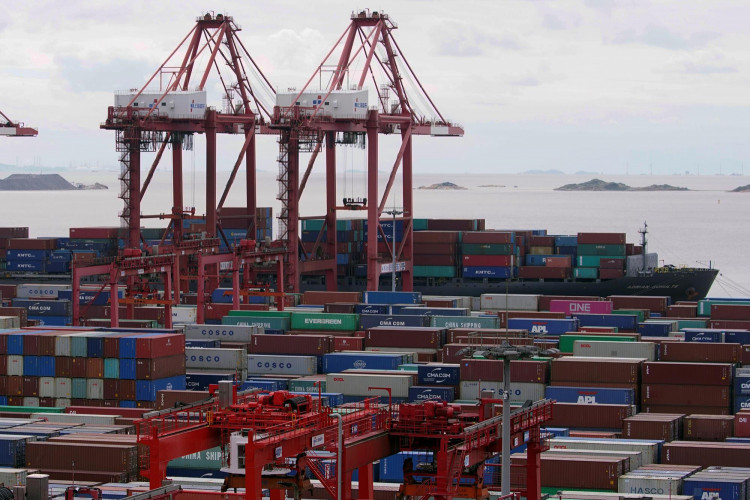In a move that has caught the global industry off guard, China, the world's foremost producer and exporter of graphite, a crucial component for electric vehicle (EV) batteries, has initiated tighter controls on its export. This strategic maneuver by Beijing comes amidst intensifying geopolitical tensions and mounting external pressures on Chinese industrial practices.
Graphite is indispensable to the EV industry, specifically for the negatively charged sections of batteries, known as anodes. According to insiders, China refines over 90% of the globe's graphite for this purpose. Kien Huynh, Alkemy Capital Investments' chief commercial officer, voiced the industry's surprise, noting, "This bold and unexpected move by China in graphite has taken us by surprise, arriving far sooner than anyone could have predicted."
This significant policy shift isn't happening in isolation. The EU is mulling over tariffs on EVs manufactured in China, arguing that they gain undue advantage from local subsidies. Additionally, the U.S. has recently ramped up its own restrictions on Chinese semiconductor enterprises.
The comparison between China's new graphite policy and the previous restrictions on two essential chip-making metals, gallium and germanium, is inescapable. Those curbs had resulted in a sharp decline in exports and a corresponding hike in global prices.
While Beijing has framed this decision as a strategy "conducive to ensuring the security and stability of the global supply chain", analysts are parsing the move in the broader context of the ongoing tech war, especially after recent U.S. restrictions on semiconductor sales to Chinese firms. Stefan Legge of the University of St Gallen in Switzerland commented on the escalating tensions, observing, "At the moment both China and Western countries are engaged in a tit for tat, highlighting how protectionist measures often spread."
Japan and South Korea, significant importers of Chinese graphite, have voiced concerns, with both nations gearing up to address potential disruptions and the fallout on their native industries. Analyst Kang Dong-jin at Hyundai Motor Securities highlighted the repercussions for South Korean companies, stating they "would need to seek alternatives... but it would likely increase the cost burden for many."
While the immediate impact remains uncertain, there's a consensus that the tides are shifting. Ivan Lam, a senior analyst at Counterpoint Research, mentioned, "This control is not a complete ban, and there has been no significant impact on any industry during the previous temporary control." However, he alluded to the potential for global price hikes in the wake of this move, a sentiment echoed by Tom Kavanagh at Argus, who suggested that this action "could set them on an upward trajectory internationally."
The larger narrative is of the global race to secure resources vital for EV battery production. With China holding significant sway over the worldwide supply of critical minerals, including 60% of the world's lithium and 80% of the cobalt, its actions in the domain of graphite exports will reverberate deeply in global tech and automotive sectors. The unfolding saga will be closely watched by stakeholders, as the future of the EV and tech industries could pivot based on Beijing's decisions.





